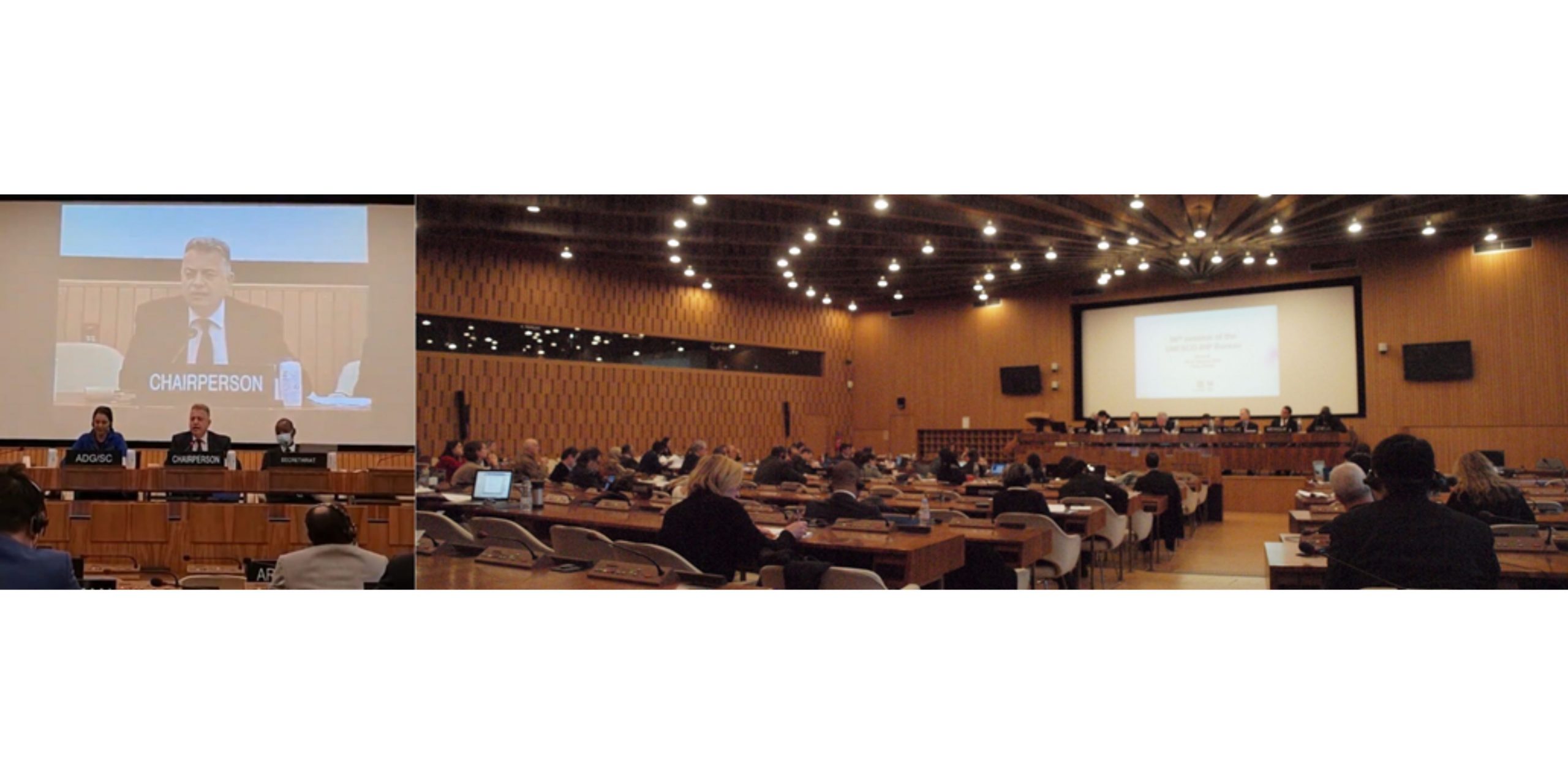The 62nd UNESCO Intergovernmental Hydrological Programme (IHP) meeting took place on the 27th and 28th February 2023 at UNESCO’s Headquarters in Paris. At the meeting, the bureau adopted the establishment of the ECOMED Academy and The Cyprus Institute as the official host.
Cyprus is now officially represented in the ECOMED Academy Task Force following the nominations of the national experts, Ms. Chryso Kaskiri and Mr. Kostas Aristeidou, from the Water Development Department (WDD). Moreover, the Limassol Water Board was admitted in the ECOMED Secretariat W-Smart (The International Association of Water & Wastewater Utilities for Sustainable Water Security).
Professor Fadi Comair, Vice Chair of UNESCO IHP, did a briefing to the Bureau on CyI technical, teaching, training and infrastructure capacity. It was also deliberated for EEWRC to become a UNESCO C2 Center. This group is dedicated to Category 2 Centers, which are water-related centres under the auspices of UNESCO, and which work on relevant thematic and geographic priorities in their areas of expertise. Category 2 institutes and centres are a privileged partner of the Organization with access to UNESCO’s logo and international and intergovernmental bodies and networks, and may leverage UNESCO’s international reach and convening powers. Category 2 institutes and centres under the auspices of UNESCO are an integral part of the Organization’s Comprehensive Partnership Strategy.
The UNESCO IHP seeks to enable all stakeholders to participate in the creation of a new, sustainable, water culture stimulates and encourages holistic hydrological research and knowledge generation and further assists Member States in research and training activities. In late 2022, UNESCO IHP started implementation of the ninth phase of Strategic Plan of the Intergovernmental Hydrological Programme: Science for a Water Secure World in a Changing Environment 2022-2029 (IHP-IX, 2022-2029). For the new ninth phase, the IHP will focus on five interrelated Priority Areas: Scientific Research and innovation; Water education in the Fourth Industrial Revolution including Sustainability; Bridging the data-knowledge gap; Inclusive water management under conditions of global change; Water governance based on science for mitigation, adaptation, and resilience.
Source: The Cyprus Institute I News (https://bit.ly/40l7LTE)
